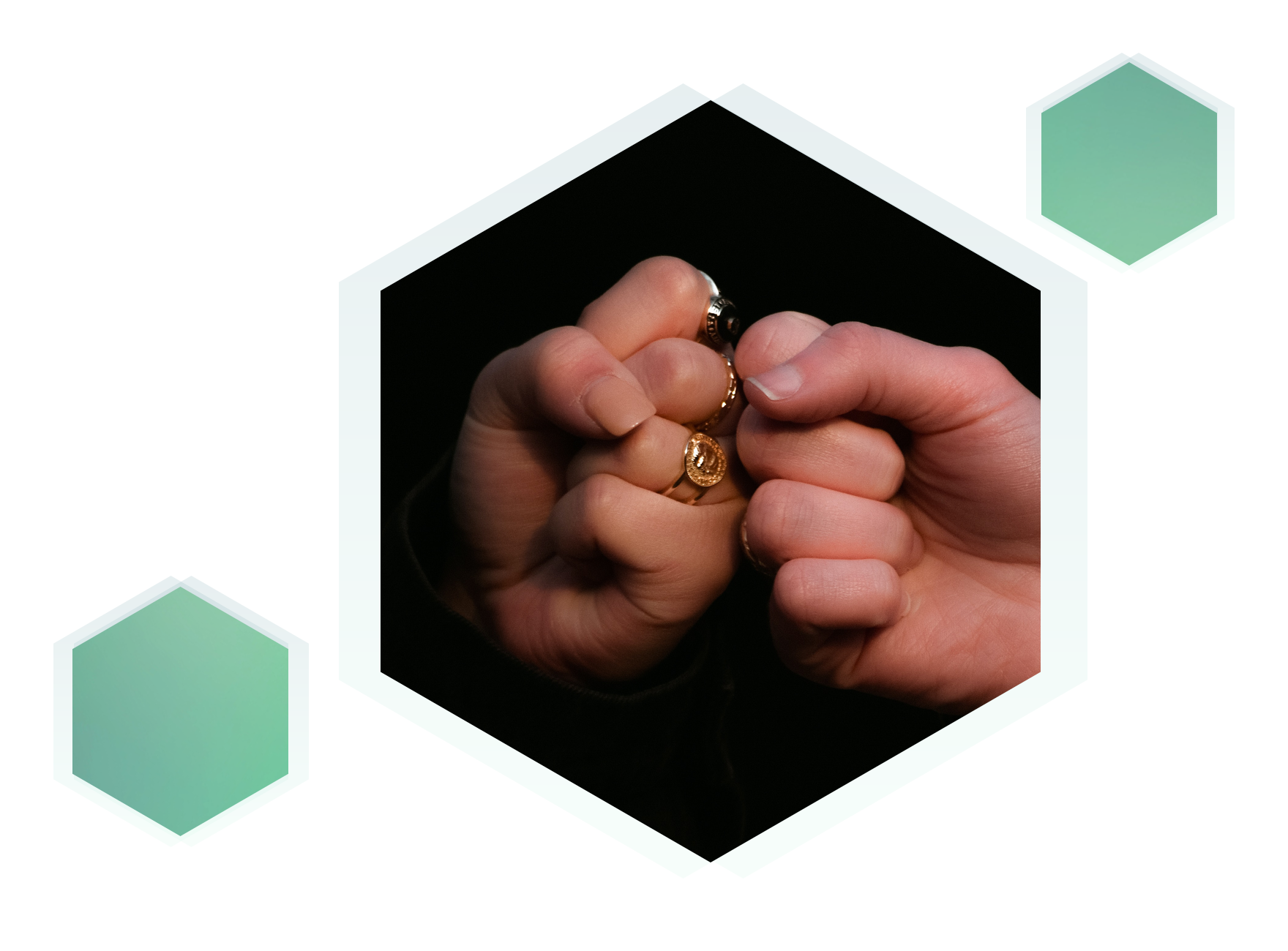Psychoeducation for substance abuse
Psychoeducation for substance abuse is not a form of therapy, but rather an important component of all frameworks of therapy. Each different therapeutic modality will necessarily include some aspect of learning and information sharing, some emphasizing psychoeducation more than others.
Addiction treatment education takes many forms. Here are a few categories of psychoeducation you may experience when you engage in professional treatment. At Reviving You Recovery, we provide a group setting and individual sessions for individuals to build the confidence they need to explore themselves and build trust. Recovery looks different for everyone, we encourage our residents to become a community during treatment. Building bonds within your community during your recovery journey is powerful and therapeutic.
Addiction science
Addiction was once thought to be a moral failure or a character defect. Addiction science has since shown that addiction is more comparable to a chronic medical illness. Addiction changes brain chemistry, rewiring the brain’s reward system and causing tolerance, dependence and intense cravings.
Drugs and alcohol drastically alter the functioning of important neurotransmitters in the brain. A person who has developed a dependence has very little capability deciding whether to continue to use. A person has very little control over the impulse to return to drug use when confronted with withdrawal symptoms, making detox in a regulated facility the safest and most effective choice for recovery.
Signs & symptoms of addiction & withdrawal
One of the most important aspects of addiction treatment education is understanding the physiological signs of addiction and withdrawal. Many individuals who are caught in addiction don’t realize the full extent of the way substance use has impacted their minds, body and emotions.
Identifying negative symptoms can be a great motivator in recovery. Moreover, withdrawal and cravings also come with physiological symptoms that when understood well, can help prevent relapse. For example, a person may begin to feel tired an hour or so before true withdrawal sets in. Recognizing this pre-warning sign can aid in combatting urges to use.
Triggers & coping strategies
Addiction treatment education always includes information regarding triggers and how to cope with them. Each person will need to identify unique emotional, environmental, social or other factors that stimulate a negative spiral into substance use. Once triggers are identified, they can be better handled.
Coping strategies are the skills implemented to manage triggers. Coping strategies are both quick and extended activities that either confront the trigger or temporarily distract a person from the trigger. The goal of coping strategies is to avoid substance use in the heat of the moment as well as in the long run.
Four essential elements of psychoeducation
Briefing the patients about their illness
Problem-solving training
Communication training
Self-assertiveness training
Psychoeducation for anxiety & depression
After the diagnosis of anxiety and depressive disorder and performing necessary assessments, our team provides detailed information to the patient regarding the symptoms, causes, various treatment options, side effects of medications, need for adherence, and overall course and outcome of the disorder.
Apart from medications, activity scheduling and regular physical exercise is emphasized. Passive psychoeducation is very popular in patients with anxiety disorders. This involves passing on to the patients’ various resources such as books, pamphlets, or videos which explain clearly various aspects of anxiety disorders. Unlike active psychoeducation, here our therapists do not interact actively while imparting education about the illness.
Goals of treatment
To ensure basic knowledge and competence of patients and their relatives about the illness
To provide insight into the illness
To promote relapse prevention
Engaging in crisis management and suicide prevention
Psychoeducation for dual diagnosis
Dual diagnosis refers to patients having a psychiatric disorder along with comorbid substance abuse or dependence. About one-third of patients with serious mental illness has a comorbid substance use disorder. The dominant models of care for these groups of patients include parallel and sequential models. In the parallel model, separate specialists treat the comorbid disorders separately.
In the sequential model, the primary condition is treated first followed by the comorbid condition. The group psychoeducation model for patients with dual diagnosis relies on an integrated holistic approach where the same team deals with the treatment of both the conditions. The main advantage of the integrated approach is that both the conditions can be given due attention in the same sitting by the same team.
The individual or group psychoeducation programs for dual diagnosis patients highlight the following points:
Stages of motivation and how to overcome the barriers to change
Various aspects of substance misuse and its effects on mood and behavior
How substance abuse adversely affects mental health and negatively alters the course and outcome of mental disorders.
Techniques of relapse prevention and skills training
Ways to cope with emotional problems and symptoms of mental illness.
Skills training and lifestyle change




